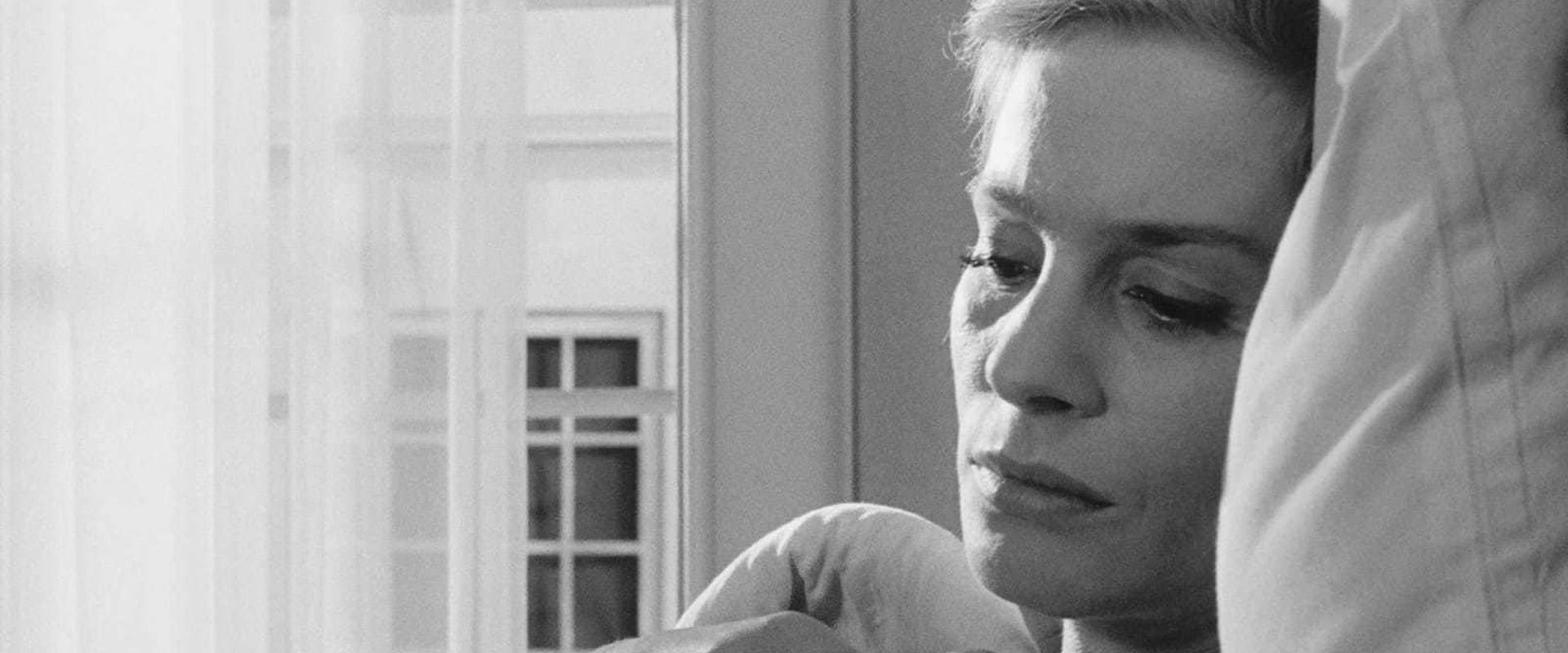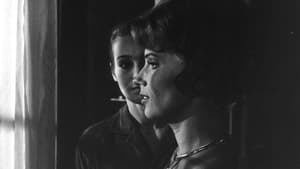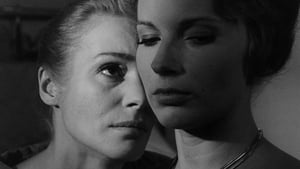Tystnaden (1963)
Genre: Drama
Duration: 96 minuten
Alternative titles: De Grote Stilte / The Silence
Country:
Sweden
Directed by: Ingmar Bergman
Stars: Ingrid Thulin, Gunnel Lindblom and Birger Malmsten
IMDb score:
 7,7 (22.454)
7,7 (22.454)
Releasedate: 23 September 1963
Latest News

Mahjong Scenes in Cinema: What They Reveal About Character and Culture

From jump scares to jackpots: why horror movie aesthetics persist in modern online casino design

How Online Casinos Use Hollywood-Level Storytelling in Modern Slot Designs

Five of the Best Licensed Movie Tie In Slot Games You Can Play Now
More to explore

Efter Brylluppet
Drama, 2006
3 comments

Lilja 4-ever
Drama, 2002
3 comments

Un Condamné à Mort S'est Échappé ou Le Vent Souffle Où Il Veut
Drama / Thriller, 1956
3 comments

Höstsonaten
Drama, 1978
3 comments

La Notte
Drama, 1961
3 comments

Werckmeister Harmóniák
Drama / Mystery, 2000
3 comments



















 Translated from Dutch ·
Translated from Dutch · 
